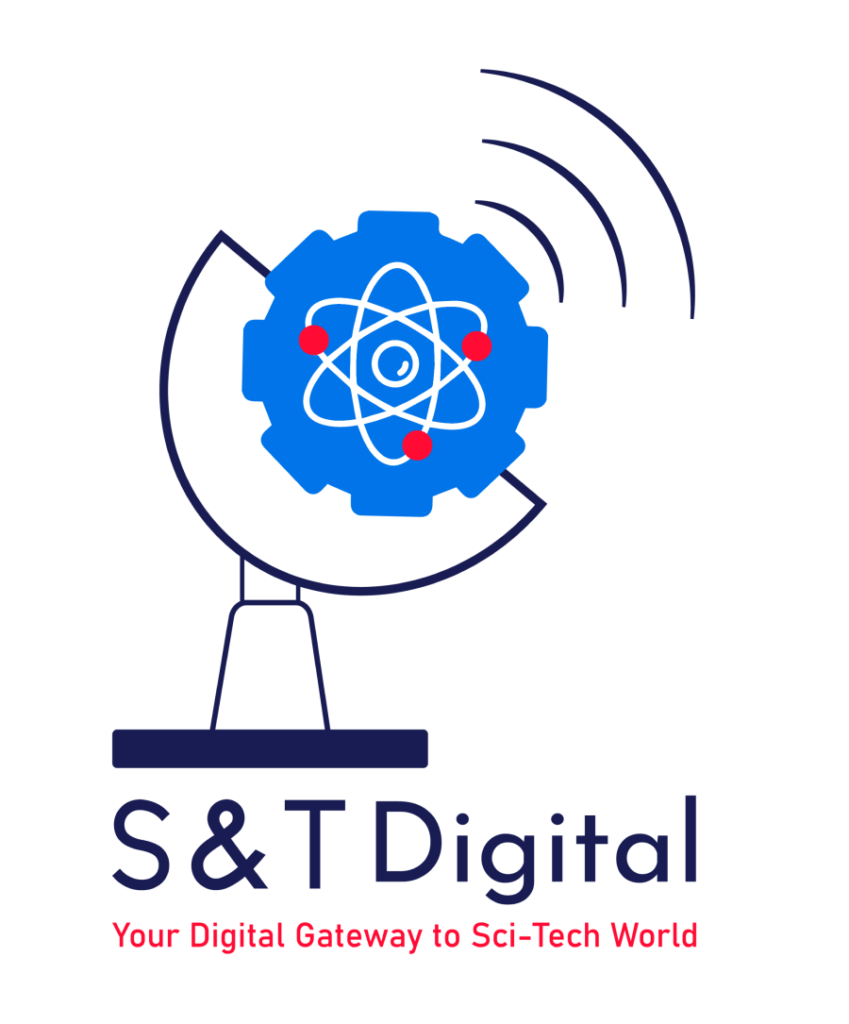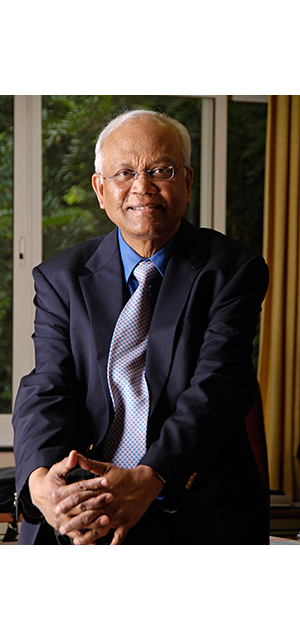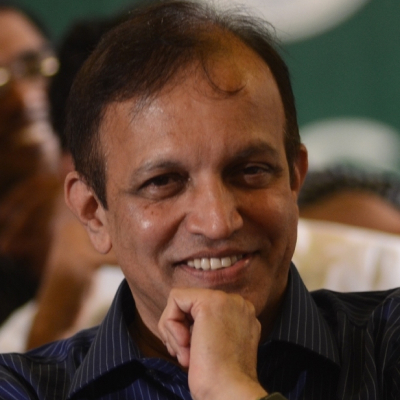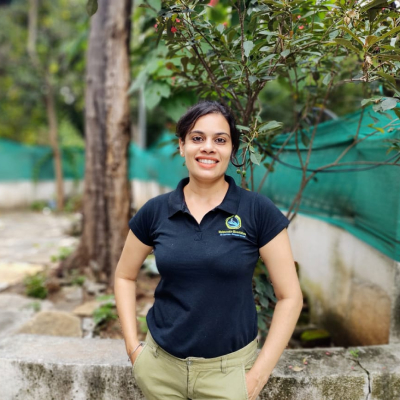– Dr. Smita Chaturvedi
The electric vehicle is becoming popular and the market is growing rapidly. The sales of Electric cars are about 3 million in 2020 with about 10 million electric cars on the roads. While sales of hydrogen cars are three orders of magnitude lower than this, and only 26,000 on the road overall. The reason is the latter is more expensive than battery-electric cars and currently are difficult to fuel: Hydrogen is costly to buy, and there are far fewer refueling stations than recharging points in most places.
Larger vehicles may run efficiently using hydrogen because to electrify larger vehicles, is hard as large batteries are required. The experts suggest that long-haul trucks and such big vehicles may be better off with hydrogen.
According to James Dixon, a researcher in modeling energy and transport systems at the University of Oxford. “Batteries have an energy density that is comparatively small:” The energy density is around 1/40th of the energy density of a liquid hydrocarbon fuel, like petrol or diesel.” Hydrogen also has a relatively low energy density (the amount of energy that can be stored per unit volume mass or area)—around four to five times lower than petroleum fuels, but far higher than electric batteries, he adds.
Despite the Advantages of hydrogen-like shorter refueling times and larger tank range, the hydrogen technology and infrastructure is more expensive. Another big concern is safety! Hydrogen vehicles have large flammability limits, and it is very difficult to prevent leakage from the pressurized container! In the current scenario, electricity is a lot easier, cheaper, and more feasible.
Please see the following news Source(s) and original reference(s) therein:
(Source:wired.com)





